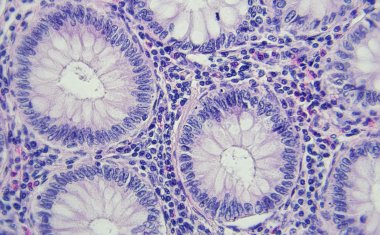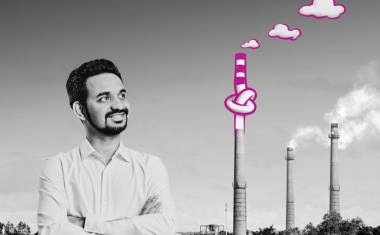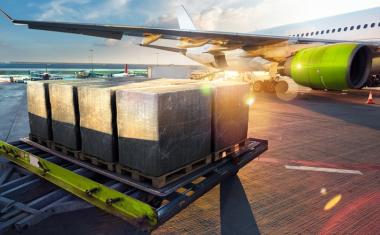GlaxoSmithKline Broke Law to Boost Sales Prices, China Police say
British drugmaker GlaxoSmithKline used travel agencies and consultancies as vehicles to bribe Chinese officials and doctors to illegally boost the sales prices of its medicines in China, police said on Monday.
Four senior Chinese executives from GSK had been detained, Gao Feng, head of the economic crimes investigation unit at the Ministry of Public Security, told a news conference.
Since 2007 the company had transferred as much as 3 billion yuan ($489 million) to over 700 travel agencies and consultancies, Gao said. He did not make clear how much of this money was spent bribing officials and doctors. GSK was chiefly responsible for the bribes, Gao added.
"We have sufficient reason to suspect that these transfers were conducted illegally," he said.
"You could say the travel agencies and GSK were criminal partners."
Last week the Ministry of Public Security said GSK executives in China had confessed to bribery and tax violations, during one of a string of investigations into foreign firms in the world's second-biggest economy.
GSK officials were not immediately available for comment on Monday.
Britain's biggest drugmaker, which says it was only told of the grounds of the investigation in early July, has previously said it had found no evidence of bribery or corruption in China, adding it would cooperate with the authorities.
Gao gave no precise examples of how the bribery worked in practice. He added that there were instances of "sexual bribery", although he did not elaborate.
Police said they had taken no action against any British nationals, adding no information had been received from GSK's UK headquarters.
The investigation also found "clues" of illegal activities conducted by other companies, said Gao, without elaborating.
Under China's legal system, formal charges would only be announced after preliminary investigations are completed.
The ministry last Thursday said the case against GSK involved a large number of staff and covered an extended period of time, with bribes offered to Chinese government officials, medical associations, hospitals and doctors to boost sales and prices.
China is an increasingly important country for international drugmakers such as GSK, which are relying on growth in emerging markets to offset slower sales in Western markets where many former top-selling medicines have lost patent protection.
IMS Health, which tracks pharmaceutical industry trends, expects China to overtake Japan as the world's second biggest drugs market behind the United States by 2016.
The charges of bribery make the GSK case the highest profile probe in China since four executives of mining giant Rio Tinto Plc were jailed in March 2010 for taking bribes and stealing commercial secrets.
The four - one a China-born Australian citizen and three Chinese nationals - received jail terms of between seven and 14 years after being found guilty of getting information from confidential strategy meetings of the body representing China's steel industry in negotiations with iron ore suppliers.





